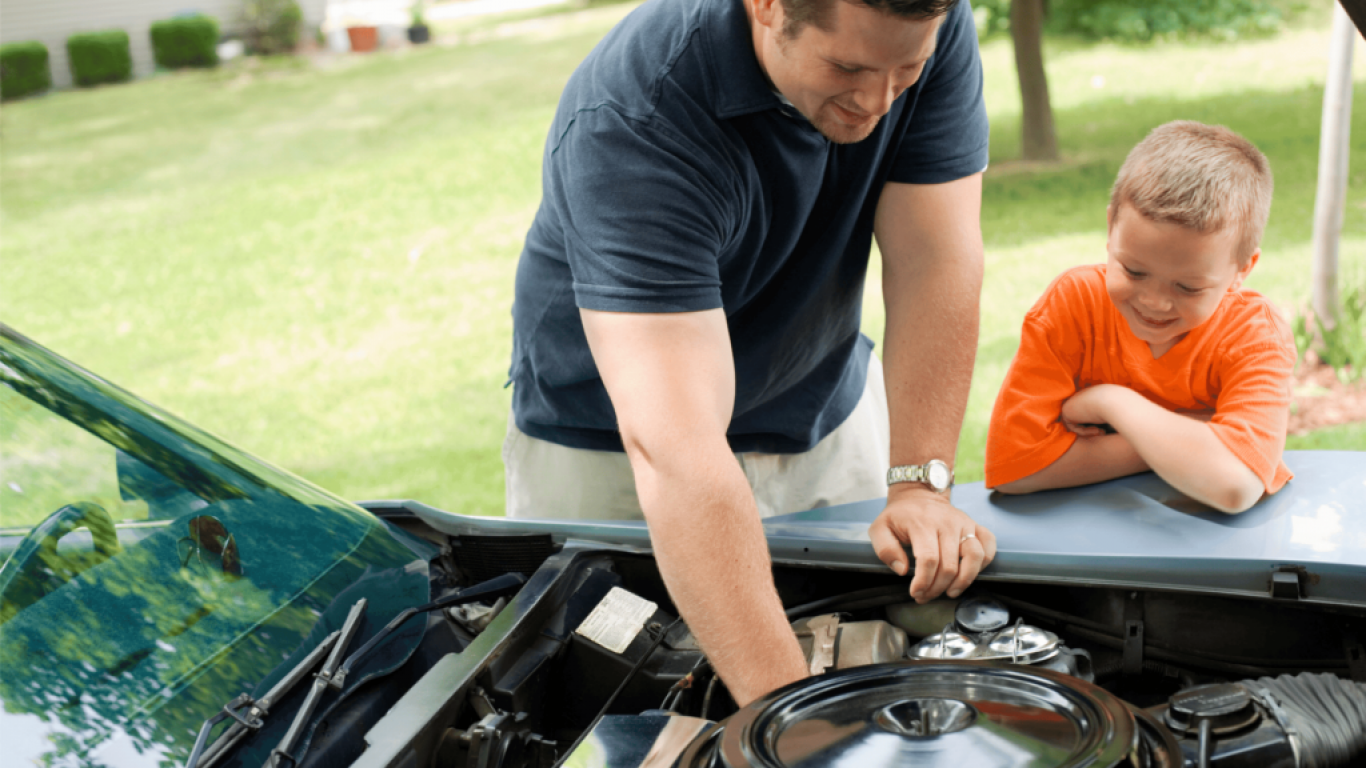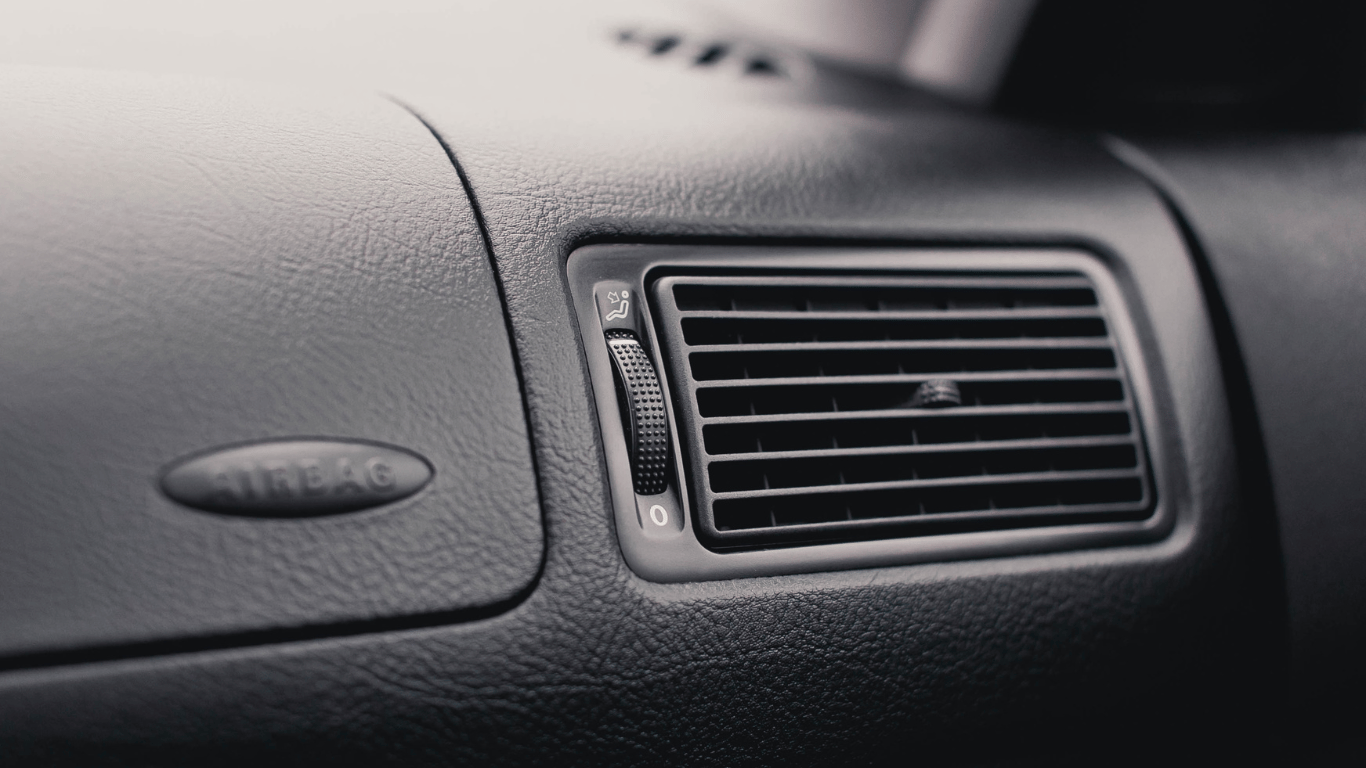You probably don’t think much about how your engine works, but it is simple: The engine takes the fuel you put in your fuel tank and “burns” it to make your car move. To keep this vital piece of equipment running like new, you need to maintain it properly. It doesn’t matter whether your car starts with the turn of a key or when you stick a key into an ignition switch; what matters is that you learn how to take care of its engine. Your engine needs regular maintenance and care, and this article will help.
Oil changes
You may not know it, but oil changes are one of the most essential parts of a car’s maintenance. No one likes to think about their car’s engine, but it’s important to remember how much work it does for you daily.
That’s right—oil changes are actually significant!
Oil changes are a regular part of car maintenance because they keep your engine performing as it should. Why? Because oil keeps all the moving parts in your engine lubricated and running smoothly. Without oil, you’d be stuck with a bunch of metal rubbing against each other and making that annoying screeching noise every time you start up your car.
Over time, particles build up in your engine oil and cause friction and heat to build up, which can cause damage to the mechanical components inside. Regular oil changes help reduce these particles while keeping them clean so they don’t get clogged up with dirt and debris. Finally, frequent oil changes help the life of your engine by reducing friction between all its moving parts so it will last longer.
So when you go in for an oil change, you’re telling your car: “Hey buddy! Good job today!” And who doesn’t like getting praised for a job well done?
Coolant
Your car’s engine needs to stay cool to run correctly. Without a cooling system, the engine would overheat and eventually stop working. The cooling system keeps these parts from overheating by circulating the fluid throughout them so they don’t burn up while running.
The first step in maintaining your car’s cooling system is checking the coolant levels regularly. Over time, coolant can become contaminated with debris and rust particles circulated throughout the cooling system. This can reduce the efficiency of your cooling system and cause overheating, leading to further issues within the car. Checking the level of coolant in your vehicle is a relatively simple process.
To check your levels, first, ensure your engine is off and cold before lifting up the bonnet and removing the radiator cap. Top up with distilled water; replace the radiator cap, and close the bonnet if there isn’t enough coolant.
It’s important to always check your fluid levels before a long journey. This will increase fuel consumption, generating more heat and requiring more work from the cooling system! Think about those hot days when you may need air conditioning or have more passengers on board.
Gears and belts
Check the condition of your belts, hoses and engine mounts because the belts in a car are responsible for driving the alternator, water pump, and air conditioning compressor. Suppose a belt breaks or is too weakened to effectively power these parts. You may end up with no AC or electricity during your drive (the latter of which can leave you stranded).
You should also check the condition of your hoses since they’re responsible for carrying coolant and oil from one part of your engine to another. If a hose were to burst while on the road, you would lose control of important fluids in your engine that keep it running smoothly.
Finally, checking on your engine mounts will ensure that they can adequately secure your engine to the frame of your car. If not, there’s a chance that the entire thing could become unbalanced while driving.
Check the fluid levels in transmission fluid and other fluids such as the power steering fluid and radiator fluid. Low levels in these fluids can cause significant damage if left unchecked. You can check their fluid dipsticks (if applicable) every time you get petrol.
Air filters
You’ll have to replace your air filter every once in a while. We all knew that, right? But we don’t always remember to do it. And here’s the thing: it really matters that you do. So let’s talk about why—and how!
First of all, what the heck is an air filter? It’s exactly what it sounds like: a filter that cleans the air before it gets into your engine. Keeping your engine clean is essential because if dirt and dust accumulate there, they can cause damage to your pistons, cylinder walls and bearings.
Okay, so when should you replace it? As with most car-related, it depends on your mileage and driving conditions. Suppose you drive on dusty roads or live somewhere with a lot of particulate matter in the air (like near a quarry). In that case, you’ll need to change your filter more often than someone who spends most of their time driving on the highway. Some air filters are made from paper and must be changed every 15 000 km or once a year, depending on your car’s usage and engine performance. Others can last up to 60 000 km.
Spark plug replacements
Spark plugs are essential components of your car’s engine. They ignite the fuel-air mixture in the combustion chamber, creating the explosion that powers your vehicle. Spark plugs wear out over time, so it’s crucial to replace them as recommended by your mechanic or owner’s manual (typically every 80 000 kilometres).
Spark plugs are typically made from copper, platinum or iridium. Because they are exposed to high temperatures and pressures within the cylinder, spark plugs must withstand extreme conditions. Over time, these extreme conditions can negatively impact their performance.
You should always refer to your owner’s manual or a mechanic when replacing spark plugs.
I would like my spark plugs replaced.
Fuel filter replacements
A fuel filter is a critical part of any engine. It’s designed to keep contaminants out of the carburettor and injectors. If you’ve ever had a vehicle that hesitates when you’re trying to accelerate or one that won’t even start, it may be due to a worn-out fuel filter.
How often you replace your fuel filter depends on what type of vehicle you drive and the fuel quality in your area. Your mechanic can tell you more about this when they inspect the filter during routine maintenance.
Fuel filters are cheap to buy and easy to change yourself. But if you’re uncomfortable doing it, go ahead and pay someone else—it’s a good way for them to earn their money!
Fixxr is the best online service to get your car engine repair and replacement done.
The online option comes as a real help in this regard. Fixxr is one such online service that offers you the best mechanics at very affordable prices. The online platform is trustworthy and reliable, which means it can be trusted to hire a mechanic who can do the needful repair work on your car engine. Here are a few reasons why Fixxr can be the best choice while searching for the most capable mechanics:
- Customer reviews: One of the first things that set Fixxr apart is its customer reviews. These reviews make it easier for customers to pick out services that have been tried, tested, and appreciated by other satisfied users.
- Reliability of service: Another factor that makes Fixxr stand out from the rest is its reliability. Allowing customers to rate their experience with various service providers, Fixxr ensures that only those who provide reliable services remain in their network of automotive experts.
- Time taken to complete the job: With Fixxr, there’s no reason for you to worry about how long your vehicle will take before it gets back on the road since they estimate how much time it will take to get your car running properly again.
- Cost: While many factors influence price, some common ones include labour rates (both hourly rate and flat rate) and parts costs (if replacement parts need replacing). A good mechanic should always explain exactly what they’re charging before starting any repairs, so ensure you know what’s included in each quote before deciding which one works best for your needs!



